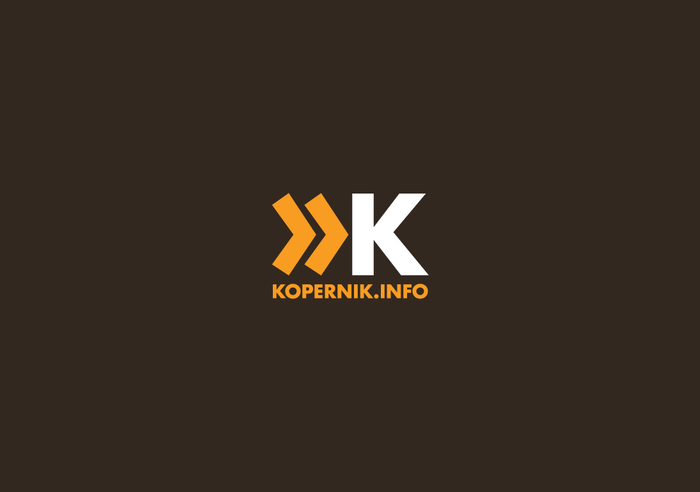In partnership with PT Collins Higgins Consulting (PTCHC), Kopernik assisted the Australian Centre for International Agricultural Research (ACIAR) to select suitable digital data collection apps to improve the efficiency of their project monitoring and data analysis processes.
THE PROBLEM
The Australian Center for International Agriculture Research (ACIAR), as part of the Australian development assistance program, contributes to the objectives of promoting economic growth and increasing sustainability through creating solutions to agricultural problems in developing countries. The organisation wanted to provide support to its projects and improve data capture methods in the field, providing quicker and better quality data for researchers and project teams. Researchers and field staff used paper survey systems which require the additional step of manually entering data collected in the field into a computer. This may take a number of days or even weeks/months after data is collected and provides the risk of error in data inputting as the person entering the data may not be the same person who collected the data.
ACIAR learned about Kopernik’s Impact Tracker Technology Catalogue, and expressed interest in potentially implementing selected digital data collection tools in their projects. PT Collins Higgins Consulting, together with Kopernik and researchers and students from Udayana University, conducted a small research activity. Entitled ‘mobile acquired data’, the activity assessed existing technologies for their ability to provide quicker and better quality data for researchers. The activity sought to understand if the use of tablets in the field impacts the way farmers and field researchers collect and share information.
THE SOLUTION
In the initial stage, Kopernik shortlisted several digital data collection apps and compared the capabilities based on ACIAR’s specific project research requirements. The requirements included functions such as RFID scans, GPS location, video/photo annotations as well as audio and video playback. Kopernik and Collins Higgins Consulting presented a set of recommendations to the client in a workshop in Canberra. The findings from the workshop narrowed down the potential mobile applications to CommCare and SurveyCTO.
Kopernik built a series of research surveys on the selected apps and supported PTCHC in training Udayana University students as field researchers. The researchers conducted baseline and follow up surveys on mobile apps with cattle farmers in northern Bali, and further used the two apps to compare their features and suitability in the field.
Kopernik evaluated the usage of the apps by gathering feedback from the project leader, field researchers, and farmers. Feedback was gathered from individual interviews as well as daily reports which the field researchers submitted. Kopernik assessed the effectiveness of using the apps in collecting and aggregating the data and then incorporated the user experience to formulate a set of recommendations for ACIAR.
THE PROJECT RESULT
Kopernik delivered the results of the assessment to assist ACIAR in identifying a suitable digital data collection tool to best meet the specific research needs of projects. ACIAR has developed a scale out strategy to promote and optimize the benefits of the tool with the aim to improve the management and implementation, as well as monitoring and evaluation needs of the projects it invests in.



